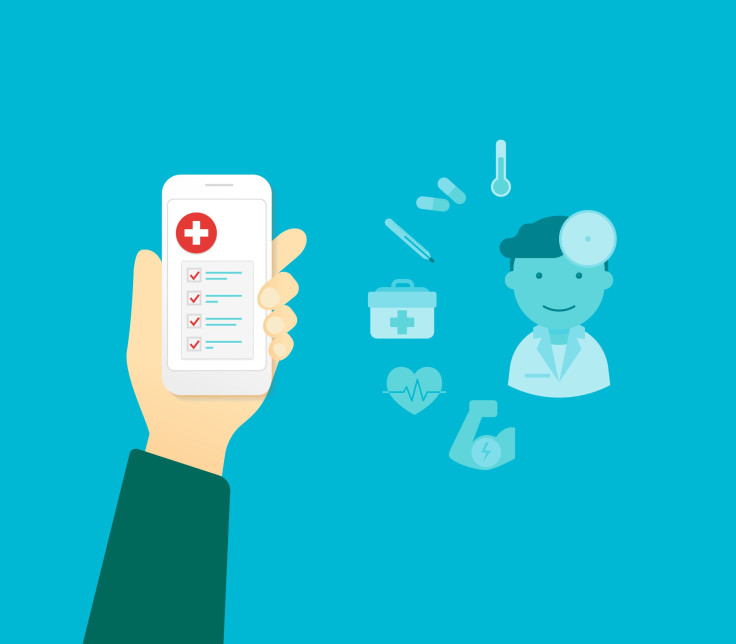A Swedish Mobile App That Sends CPR-Trained Samaritans To A Cardiac Arrest May Save Lives

When it comes to jumpstarting the heart after a cardiac arrest, having a Good Samaritan on standby might prove lifesaving, according to two new studies published in the New England Journal of Medicine.
Researchers from the Center for Resuscitation Science at Karolinska Institute, in collaboration with several other Swedish universities, evaluated a pilot program in Stockholm County, Sweden, that provided text message alerts to CPR-trained volunteers when an reported cardiac arrest occurred in their vicinity. They found that the program resulted in more bystanders rushing to their aid of their fellow citizens and administering CPR, providing early intervention before emergency medical services were able to get on location. In a related study also published by the Center, they found that such early intervention was linked to double the survival rate among cardiac arrests when compared to cases with no early intervention.
In the first study, the researchers tested out a mobile app, SMS Lifesavers, that sent out text alerts to people trained in CPR whenever they were 500 meters or closer to the site of a cardiac arrest that was reported in to emergency responders, alongside the standard dispatching of medical personnel to the area. The network of volunteers, though starting at around 6,000, eventually reached 9,828 and the researchers studied the app for twenty months starting in April 2012.
Though the app detected 667 cardiac arrests during the time period, it only chose to notify volunteers half the time, allowing the authors to set up a randomized control group for comparison. The rate of early CPR intervention in the active app group was 62 percent compared to the 48 percent rate found in the control group. "A mobile-phone positioning system to dispatch lay volunteers who were trained in CPR was associated with significantly increased rates of bystander-initiated CPR among persons with out-of-hospital cardiac arrest," the authors concluded.
Every minutes counts when confronted with a cardiac arrest, defined as an electrical malfunction of the heart that causes it to stop beating. As necessities like oxygen and glucose stop being shuttled to different parts of the body — most importantly the brain — our bodies begin quickly deteriorating, ultimately resulting in death without proper medical assistance. But often times, medical personnel simply arrive on the scene too late, if not to prevent death, then certainly to prevent lasting neurological damage. As of now, close to 90 percent of arrest sufferers die.
Early intervention by CPR-trained citizens may boost those survival rates, as the researchers found when analyzing over 30,000 cases of cardiac arrest in the community over a thirty year-period in Sweden — as much as doubling the chances of survival, controlling for factors like age, sex and cause of cardiac arrest.
According to the study authors, efforts to promote CPR use have generally been passive, but an active approach may prove more effective. "Traditional methods such as mass public training, which are now used throughout the world, are important but have not shown any evidence of a similar increase," said study author and head of the research division at Center for Resuscitation Science Dr Jacob Hollenberg in an accompanying press release. "The new mobile phone text-message alert system shows convincingly that new technology can be used to ensure that more people receive life-saving treatment as they wait for an ambulance."
In the United States, there have been some efforts to create our own CPR apps. As the LA Times reported in August of last year, the mobile app Pulsepoint has recruited over hundreds of thousands of volunteers and connected itself to hundreds of emergency response systems. "The promise is to crowd-source good Samaritans," Pulsepoint founder and former fire chief Richard Price told the newspaper at the time.
These latest studies suggest that the idea may very well work to save lives.
Source: Hasselqvist-Ax I, Riva G, Herlitz J, et al. Early Cardiopulmonary Resuscitation in Out-of-Hospital Cardiac Arrest. New England Journal Of Medicine. 2015.



























